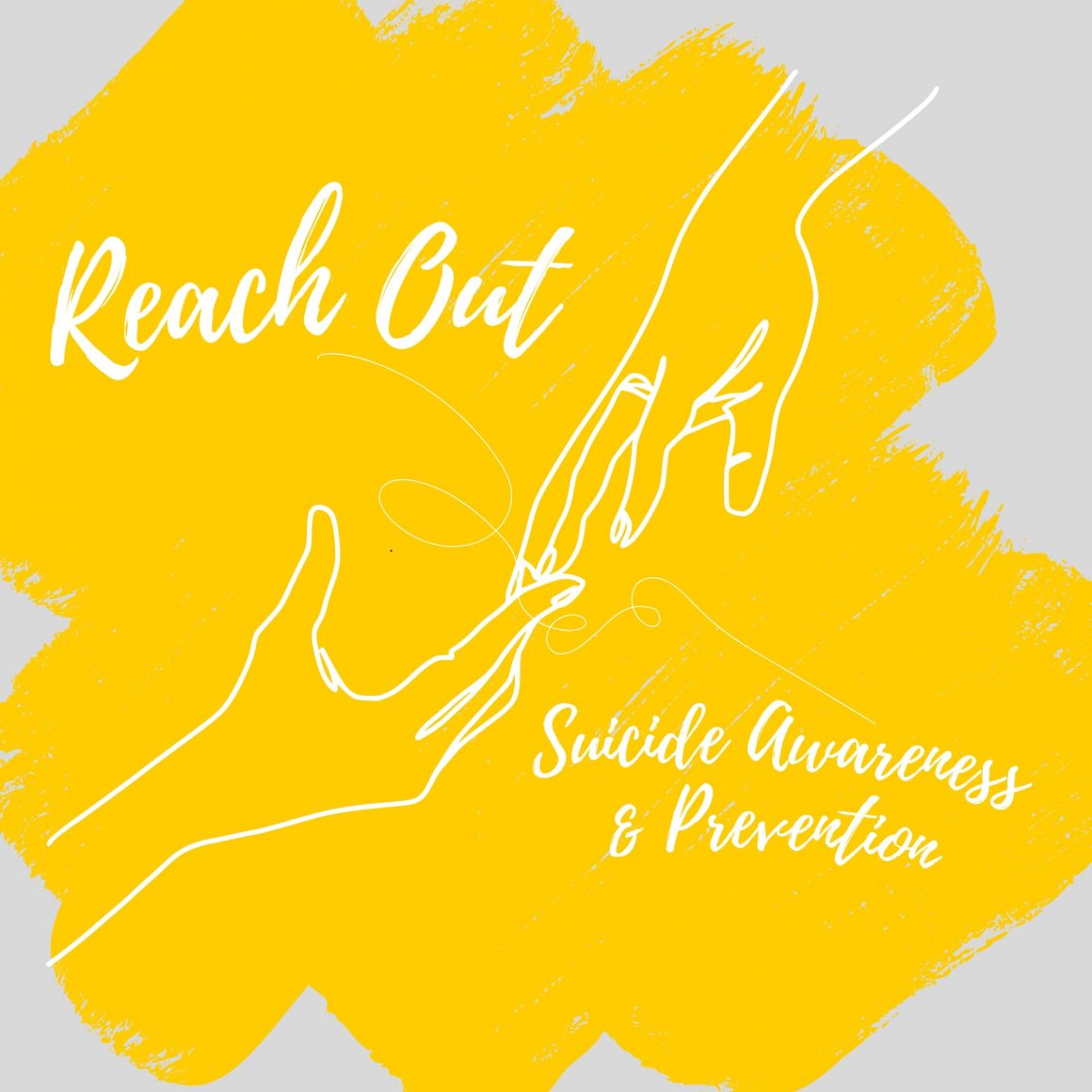
Reach Out program looks to educate campus community on suicide awareness and prevention
By Kimberly Taylor, March 15 2023—
The University of Calgary’s Reach Out: Awareness and Education Initiative is an ongoing program that tackles the stigma around suicide and equips students with skills to recognize warning signs and what to do if they think their peers might be struggling.
Reach Out is a part of the university’s Suicide Awareness and Prevention Framework and is funded by the Students’ Union’s (SU) Quality Money program. Student Wellness Services provides various resources for students through this initiative including a two-day assist training and an online Livingworks certificate.
The program aims to increase awareness and reduce stigma by increasing community awareness of both suicide and suicide prevention resources, providing training and education through various workshops and engagement after training with debriefings and dialogue.
The workshops vary in length and modality. In-person or asynchronous online options are available through the program’s website
In an interview with the Gauntlet, Mandy McCaughley, community training coordinator with Student Wellness Services and Gabriela Arteta, co-op student and program assistant talked about how this program is based on unique situations and needs of university students.
“We certainly know that post-secondary students do experience high levels of mental health concerns and we also know that most mental health conditions emerge by young adulthood which aligns with the time that many individuals enroll in post-secondary,” said McCaughley. “When students are experiencing declines in their mental health or going through difficult times this could potentially put them at risk of having thoughts of suicide.”
McCaughley explained that there are a variety of warning signs, but most relate to significant changes in mood or behaviour, such as suddenly skipping classes. Some people at risk of suicide may directly talk about it, or may begin talking down about themselves. Community members in regular contact with others are the most likely to recognize these changes, but may not know what to do.
“Warning signs can look a variety of different ways. However, any time that we’re seeing a significant change in behaviour can be a warning sign. That’s another reason that peers or people having regular contact with students play an important role because they’re in a good position to potentially recognize those significant changes,” said McCaughley. “That could be changes in mood [or] change in outlook on life. We might start to see feelings of hopelessness or talking about feeling like a burden. We might see possibly an increase in substance use behaviour, talking directly about suicide or talking about a plan. The training programs that we offer do provide more information about how to recognize some of those different warning signs.”
McCaughley talked about how community can have an effect on suicide prevention and the importance of recognizing changes.
“The role that community plays in suicide prevention is key,” said McCaughley. “Community members, such as peers, student leaders, staff, faculty are often true first-responders in terms of recognizing signs in someone or they might be receiving disclosures. We really need to equip campus members to have the skills to respond in a compassionate and caring way and also know how to effectively refer students to additional support.”
Mental health concerns can make students feel isolated, both when they are experiencing those concerns, and when they are recognizing those concerns in someone they care about. Arteta reminds students that they aren’t alone.
“It’s just really amazing to see that there are so many people out there that are interested about this and want to help others around them. It’s gratifying to see that it is getting somewhere and it’s getting to a lot of people who want to reach out and help,” said Arteta.
Students can connect to the student-at-risk team if they believe someone is in distress. If there is an immediate risk, students can contact campus security or 911.
This article is a part of our Voices section and does not necessarily reflect the views of the Gauntlet editorial board.
